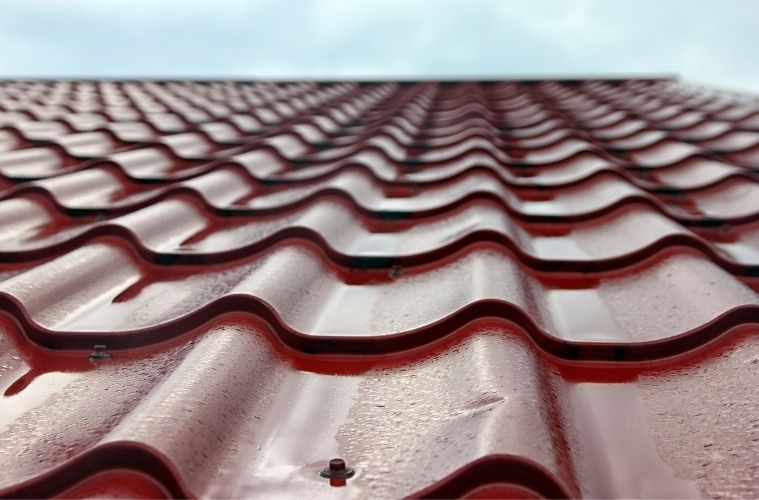Storm and hurricane season starts between May 15th and June 1st and lasts until November 30th. During these months in the coastal region, your home may be susceptible to a natural disaster. Living near the water offers some amazing benefits but also some dangerous possibilities.
You don’t want to leave yourself and your home vulnerable to a hurricane or severe storm. Find out how you can prepare your home for storm season and avoid excessive damages and injuries.
Plan Ahead
Before the season even arrives, prepare yourself and your family by planning. Create a list of all the tasks you know need to be completed and check them off one by one.
Write down emergency phone numbers and keep them in a frequently visited location in your home. Everyone comes to the kitchen, so tack the list on the refrigerator or a bulletin board. Program the numbers into everyone’s cell phones too.
Locate the nearest shelter and map out multiple routes for each destination. You never know which roads will lose access during a storm.
Gather Emergency Supplies
You’ll need supplies to keep yourself and your family safe. Prepare at least two emergency supply kits and store them in a familiar location. A storm can cut off power and water supply, so include things like multiple gallons of water and flashlights.
Add extra batteries so you don’t risk your flashlights dying out. Pack non-perishable food items in your kit. Try and make the snacks nutritious and energy-dense so everyone can stay alert and prepared.
Include medical supplies and a standard first aid kit because you won’t be able to make a trip to the pharmacy. Don’t forget any required medications for specific family members.
Arm Your Home
You’ve taken care of all household members, so now you need to take care of your home. A storm can cause serious damage to the exterior of your house, and most of it is unavoidable, but there are some things you can do to minimize the harm.
Consider having a metal roof built to avoid excessive flooding inside your home. There are many benefits of metal roofs in coastal areas. They hold firm against strong winds and rain.
Clean up your yard to ensure nothing can fly into your windows and damage your home further. Move any bikes or lawn furniture from the yard and trim back any branches touching your home. This should help prevent debris from hitting your windows. Use storm shutters to cover up your windows and doors.
Make an Evacuation Plan
If a hurricane is on the way, keep track of any updates from the news and local authorities. You need to know how close the storm is and the areas already affected before you head out. Never ignore an order to evacuate your home.
Grab your emergency kit and any extra supplies you feel you will need. Unplug all appliances, and if you have time, cut off your gas, electricity, and water. Follow the roads that emergency workers lead you down and don’t deviate from their directions.
Don’t let storm season sneak up on you. Prepare yourself and your home for all possible emergencies.

